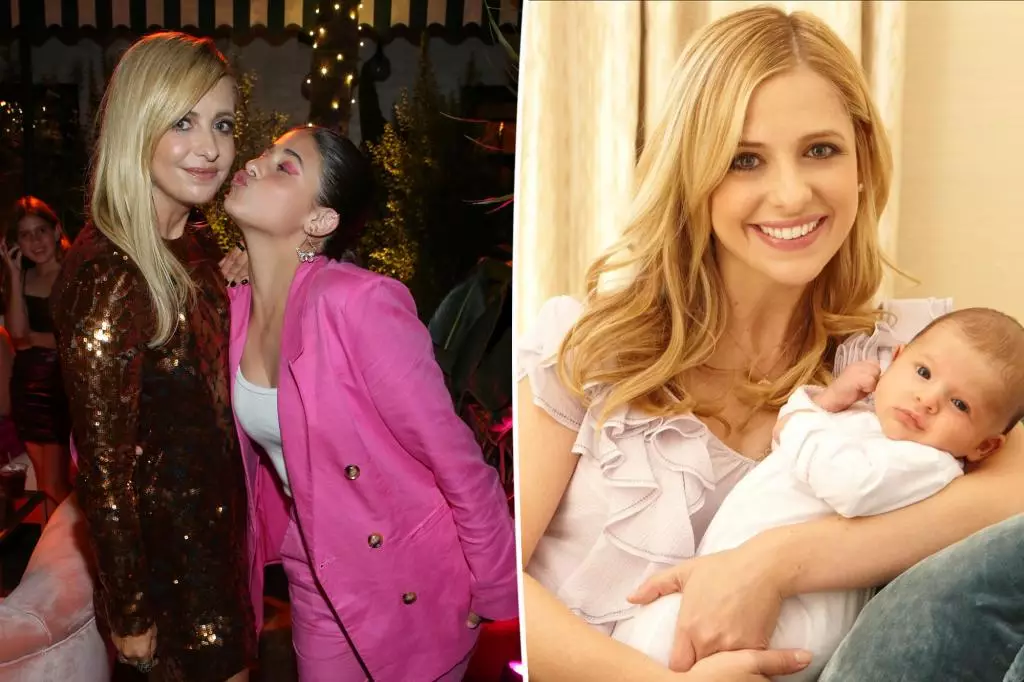In today’s social media-driven landscape, celebrity displays of affluence often spark intense scrutiny and debate. Sarah Michelle Gellar’s recent gesture of gifting her 16-year-old daughter, Charlotte, a lavish Jeep has ignited a contentious conversation about parenting, wealth, and moral values. While her supporters see it as an expression of love and celebration, many critics label it as irresponsible and emblematic of societal excess. This controversy exposes deeper issues about how wealth influences parenting practices and societal expectations, pushing us to reconsider what truly constitutes responsible and meaningful parenting.
A core problem in the backlash is the assumption that material gifts, especially expensive ones, inherently diminish the value of hard work and humility. Critics argue that such displays reinforce a culture where children equate privilege with entitlement, potentially stunting their understanding of the importance of effort and perseverance. Conversely, defenders claim that wealth, in the context of a healthy family environment, does not necessarily corrupt character. They emphasize that the core of effective parenting lies less in the monetary value of gifts and more in the lessons of gratitude, responsibility, and love that can accompany them.
However, this debate often reveals a polarized society divided between those skeptical of wealth’s influence and those who view it as an unproblematic aspect of personal freedom. The critics’ concerns about environmental impact, social inequality, and fostering a sense of entitlement highlight a growing awareness of broader societal issues. The outcry underscores how material excess is increasingly scrutinized amidst increasing economic disparities, with young people often bearing the brunt of societal critique for their wealthiest relatives’ choices.
Yet, the conversation also opens a space for a more nuanced understanding of parental intentions. Gellar’s heartfelt caption, in which she describes her daughter as her best friend and highlights her virtues, illustrates that many parents see their resources as a way to demonstrate love and support. Judging their actions without understanding the context risks dismissing the emotional bonds and intentions behind such gestures. After all, parenting is deeply complex, often driven by a desire to celebrate milestones and provide for children in ways that may not always align with societal expectations.
This debate becomes even more complicated when we consider the disparities in upbringing across different socio-economic backgrounds. Critics from less privileged backgrounds may interpret extravagant gifts as emblematic of inequality, fostering resentment or frustration. Yet, some argue that dismissing such gestures entirely ignores individual family dynamics and the freedom parents have to decide how they express love. What remains clear is that society’s fixation on materialism can obscure the more vital issues of character development, ethics, and values.
Ultimately, this controversy serves as a mirror to society’s grappling with wealth, morality, and parenthood. It challenges us to look beyond surface-level judgments and confront uncomfortable truths about consumption, privilege, and the spirit of giving. Rather than framing wealth as inherently corrupting, we might consider how it can be used responsibly to nurture responsible, compassionate individuals—if paired with lessons about the importance of humility, effort, and social responsibility.
In the end, perhaps the real measure of good parenting isn’t the size or cost of a gift but the values instilled and the character built. While luxury cars and expensive presents can spark division and criticism, they also provide an opportunity for families to discuss essential virtues. As society continues to evolve, it’s vital that we move toward a more compassionate understanding—recognizing that love, when paired with mindful guidance, has the power to shape not just individual futures but the moral fabric of our communities.

